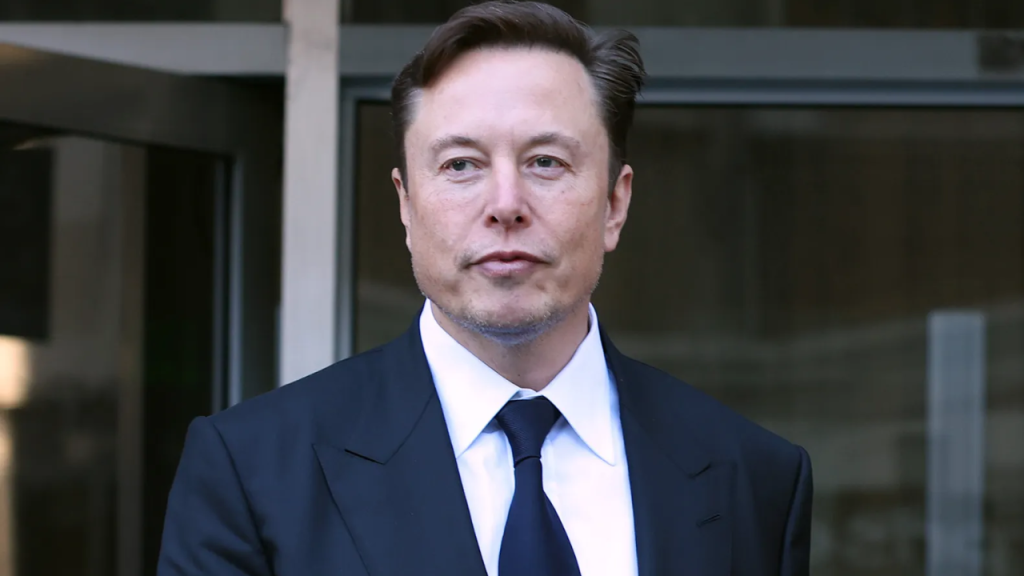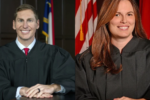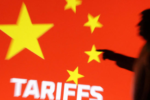The White House is not denying reports of a heated exchange between Elon Musk and Blake Bessent during a closed-door policy session earlier this week. Instead, officials are emphasizing that such moments reflect a “healthy debate process” within the administration’s approach to technological innovation and economic strategy.
The reported shouting match, first revealed by an anonymous source to Politico, allegedly took place during a meeting involving top economic advisors, private-sector leaders, and officials from the Department of Government Efficiency (DOGE)—an agency created to streamline federal operations.
Musk, recently appointed to an advisory role at DOGE, reportedly clashed with Blake Bessent, Biden’s Senior Economic Adviser, over the direction of federal infrastructure investments.
While reporters pressed the administration for clarity on whether the confrontation took place, White House Press Secretary Karine Jean-Pierre declined to provide specific details, saying only that “vigorous discussions are a sign of a functional, dynamic process.”
Dispute Centers on Federal Tech Funding and AI Strategy
The Musk-Bessent clash reportedly stemmed from disagreements over the allocation of funds for artificial intelligence development and broadband infrastructure expansion in underserved areas. Musk, known for his outspoken views on AI risks and his criticism of government inefficiency, allegedly pushed for a more private-sector-driven approach. Bessent, on the other hand, emphasized the importance of public oversight and investment in equitable digital access.
“This was not a personal dispute,” said one official familiar with the matter. “It was a sharp policy disagreement between two passionate individuals with very different worldviews.”
According to insiders, the conversation became heated after Musk accused the Biden administration of being “too slow and too centralized” in its rollout of next-gen tech policy, while Bessent countered that Musk’s recommendations risked ignoring vulnerable communities.
Although the debate became tense, sources say neither Musk nor Bessent left the meeting early, and both remained engaged throughout the session.
White House Promotes Transparency and Open Dialogue
Despite the media attention, the White House is standing firm on its message that robust discussions—even when emotional or confrontational—are part of the administration’s broader commitment to transparency and effective governance.
“We encourage diverse voices and don’t shy away from conflict when it leads to better outcomes,” Jean-Pierre said during the daily press briefing. “This administration believes that productive tension drives innovation.”
This message aligns with President Biden’s stated goal of maintaining bipartisan and cross-sector collaboration as the country navigates critical issues like AI governance, digital infrastructure, and economic competitiveness in the global market.
The administration has reportedly convened several similar roundtable discussions in recent months, involving figures from both political parties and leaders in finance, energy, and technology.
Musk’s Expanding Role in Washington Raises Eyebrows
Elon Musk’s involvement in federal affairs continues to grow. After being tapped as a consultant for DOGE earlier this year, he has taken an increasingly prominent role in shaping debates around regulatory reform, space policy, and artificial intelligence.
Some critics question the wisdom of giving a private-sector billionaire such direct influence in federal policy, especially given Musk’s past clashes with regulators. Supporters, however, argue that his experience running massive, complex enterprises like Tesla and SpaceX makes him uniquely suited to advise on modernization efforts.
Bessent, a longtime economic strategist and former hedge fund executive, is considered one of the White House’s most influential voices on fiscal planning and economic resilience. His reported disagreement with Musk signals broader tensions between traditional public-sector policy models and Silicon Valley’s disruptive ethos.

What This Means for Future Policy Collaboration
The fallout from the Musk-Bessent exchange remains unclear. While some Washington insiders suggest the tension may signal deeper divides within the administration’s advisory structure, others argue it reflects a productive process of stress-testing ideas before they become policy.
Political analysts say that such moments, while messy, may actually strengthen public confidence in policy-making—as long as disagreements lead to actionable consensus.
“This is what deliberative democracy looks like,” said Dr. Nina Hammond, a political science professor at Georgetown University. “You don’t want groupthink in the room when you’re setting national priorities for emerging technologies.”
The next round of DOGE-led meetings is scheduled for mid-May, and both Musk and Bessent are expected to participate.
Conclusion: Debate, Not Division, at the Heart of Policy Process
Although the White House did not confirm or deny the specifics of the reported shouting match, it’s clear that tensions between figures like Elon Musk and Blake Bessent reflect real-world policy challenges. As the administration tackles complex issues such as AI regulation, economic equity, and tech innovation, open—and even heated—debate is likely to remain part of the process.
For ongoing coverage of the Biden administration’s policy debates and Elon Musk’s advisory role, visit The Hill’s tech and policy section.
Disclaimer – Our team has carefully fact-checked this article to make sure it’s accurate and free from any misinformation. We’re dedicated to keeping our content honest and reliable for our readers.







